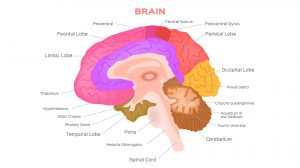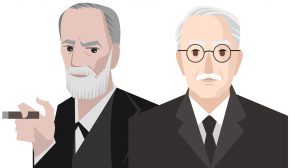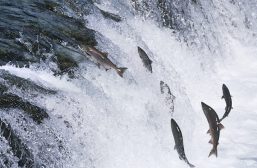Definition
noun
A biological discipline that studies arthropods
Supplement
Arthropodology is a biological discipline that focuses on the arthropods. Arthropods are invertebrates that belong to the phylum Arthropoda. This phylum is the largest among the phyla in the animal kingdom. They include the insects, the arachnids, the myriapods and the crustaceans. These animals are grouped under this phylum based on the features common to them. They have multiple paired jointed limbs and a hard chitinous exoskeleton. The exoskeleton is a hard outer casing that protects their soft internal organs. Arthropodology deals with these animals and aims to understand their evolution, anatomy, biology, and ecological importance.
Arthropodology that studies the parasitic mode of life of certain arthropods is referred to as medical arthropodology. Apart from parasitic arthropods, there are also arthropod species that act as vectors of disease. An example of that would be the mosquito. Certain species of mosquitoes serve as vectors for disease-causing viruses and parasites. Mosquito-borne viral diseases include the yellow fever, dengue fever, and zika. Mosquito-borne parasitic diseases are malaria and lymphatic filariasis.
Arthropodology may be subdivided into the following fields based on the animal groups that they study: arachnology (studies spiders and other arachnids), entomology (studies insects), carcinology (studies crustaceans), and myriapodology (studies myriapods).
Word origin: Latin arthropoda, from Greek árthron (“joint”) + poús (“foot”)
See also:
- invertebrate
- arthropod
- invertebrate zoology
- entomology
- arachnology
- carcinology
- myriapodology






